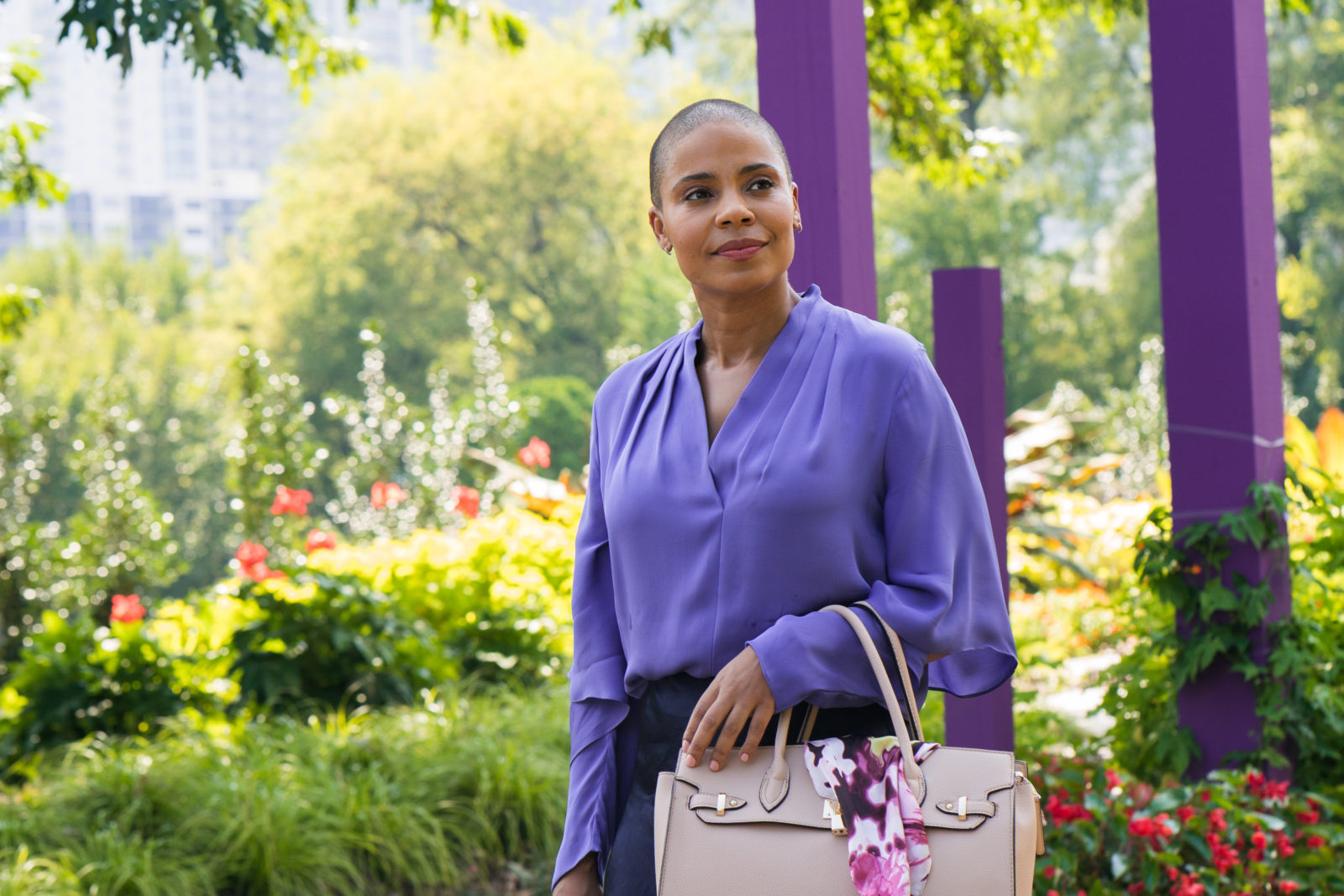Based on the book of the same name by Trisha R. Thomas, the stand-out element found in Haifaa al-Mansour’s Nappily Ever After, a Netflix exclusive, is its message, using black women’s hair as a metaphor for freedom. Focusing on Violet Jones, a black woman who forces herself to straighten her naturally curly hair both to fight against her insecurities, as well as attempt to please the world around her, including her uptight mother, her overachieving boyfriend, and her co-workers at her advertising agency, the film follows Jones’ rediscovery of her inner self after dumping her boyfriend for failing to propose to her, and subsequently shaving her head. Not to mention a new blossoming relationship with a single father who owns a hair salon, with a daughter who also has feelings of insecurity about her own hair.
Just from that premise alone, one can easily see where the film is going, being a film about self-love and fighting insecurities, and the film’s script and story structure certainly isn’t anything to write home about. What does make the film entertaining however is Sanaa Lathan as Violet Jones. Not only is her comedic timing solid, with some fun over the top comical moments, but she works in delivering a good emotional backbone, being able to tackle feelings of self-doubt very well. The real standout is when Violet shaves her head, as the camera gives a close-up to Lathan, and through only her facial expressions, she conveys so many conflicting emotions. It and the climax are easily the height of the film, and will surely resonate with those who relate to Violet’s daily struggles.
The rest of the film is cute enough, although the potential does feel somewhat wasted. The film does tackle the insecurities black women face with their hair, but it’s never quite as biting or as compelling as one would expect. The film could have easily dived deeper into the topic, and while it touches on the subject, it still feels a touch too simplistic and bare-bones although one could also argue that this being such a light feature this film doesn’t need to tackle heavy issues so heavily. But there is still a sense the film could have been so much more.
Regardless, Nappily Ever After works perfectly as a decent little flick to watch on a Saturday afternoon, making it a perfect fit for Netflix, largely thanks to a great lead actress.
